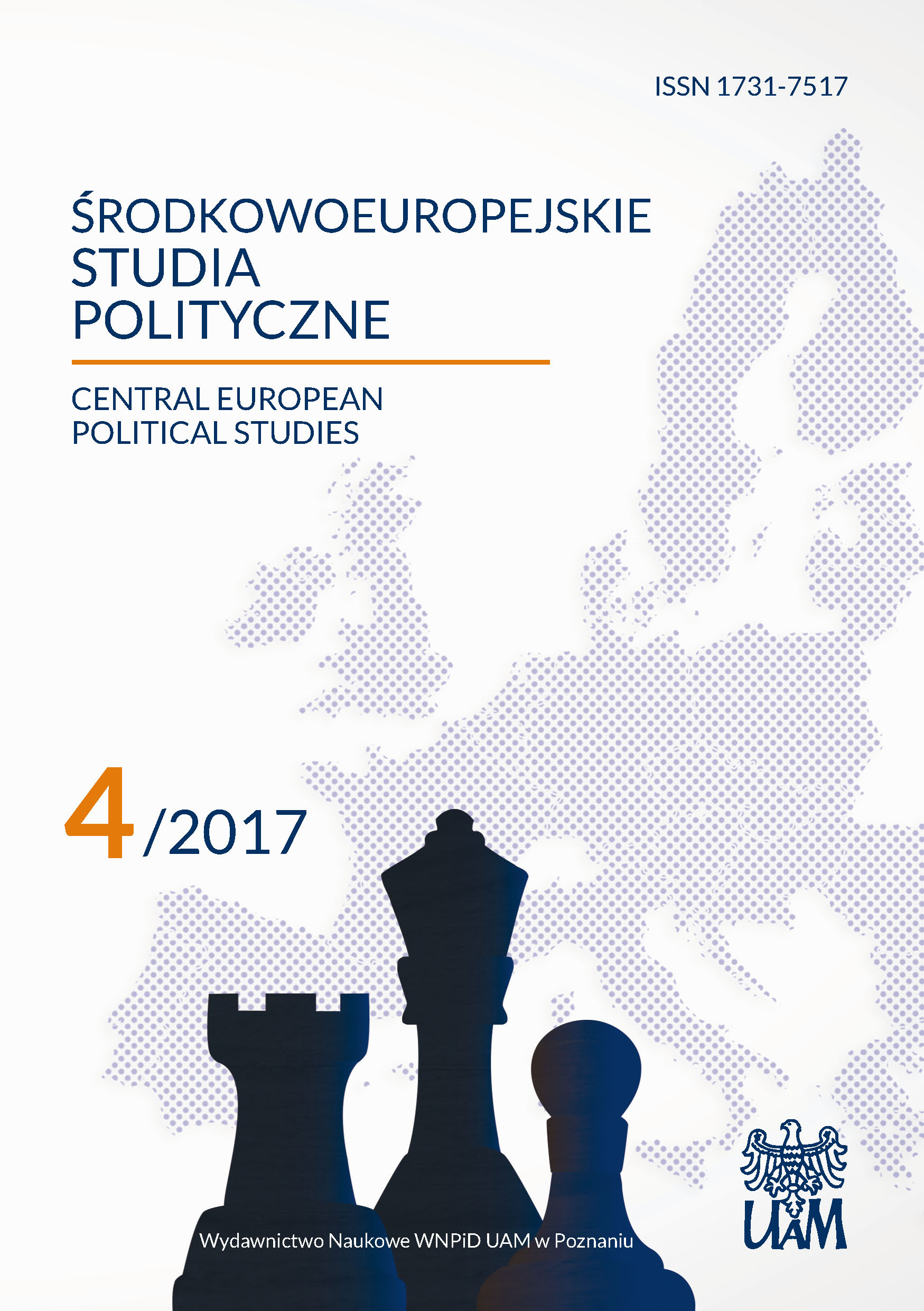Memory Strategies in Contemporary Georgia
Memory Strategies in Contemporary Georgia
Author(s): Tamar KaraiaSubject(s): Politics, Sociology
Published by: Uniwersytet Adama Mickiewicza
Keywords: Georgia; collective memory; identity transformation; memory sites; lustration; Occupation Museum
Summary/Abstract: Georgia, as a former Soviet republic, began dealing with its Soviet past, but in the 1990s these processes were limited and delayed. Therefore, we cannot speak about a continuous politics of memory and this led to changeable foreign policy priorities. After the Rose Revolution, the new government introduced reforms in most of the key spheres of institutional life. Re-addressing the totalitarian past saw a number of problematic manifestations in political and cultural life in this post-Soviet country. For the renovation of the state system, it was essential to make corresponding boundaries with the pre-revolution state system. Analyzing the politics of memory, symbolism is the most notable attitude in this period. After 2006, when Georgian citizens were deported from the Russian Federation, the tendencies of the politics of memory changed rapidly. Terms such as “occupation,” “repression” etc. appeared in the political discourse. From this period on, the strategies of memory could be associated with a politics of victimization and the formation of the collective memory prioritized as a national security issue
Journal: Środkowoeuropejskie Studia Polityczne
- Issue Year: 2017
- Issue No: 4
- Page Range: 5-22
- Page Count: 18
- Language: English

